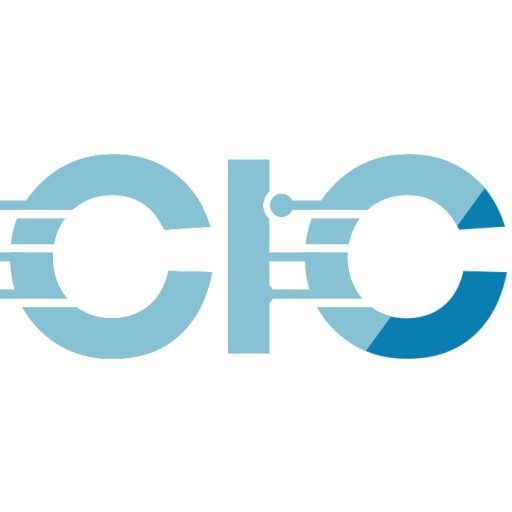6 Solutions to Battery Mineral Challenges
The global transition towards renewable energy and electric vehicles (EVs) has intensified demand for battery minerals like lithium, cobalt, and nickel. However, the mining and supply chain for these minerals face numerous challenges, including environmental concerns, geopolitical issues, and ethical sourcing. Here are six solutions to address these challenges effectively.
1. Sustainable Mining Practices
The environmental impact of traditional mining practices has raised significant concerns. Implementing sustainable mining methods, such as reduced water usage, less land disruption, and the adoption of renewable energy sources, can mitigate these concerns. Techniques like biotechnological extraction and closed-loop systems can minimize waste and reduce the carbon footprint, leading to more responsible sourcing of battery minerals.
2. Recycling and Circular Economy
Recycling battery materials can significantly reduce the need for new raw materials, decreasing environmental impact and ensuring a continuous supply. Developing efficient recycling processes—like hydrometallurgical methods or direct recycling—can recover valuable minerals from end-of-life batteries. Initiatives that promote the circular economy, encouraging consumers and manufacturers to recycle, are crucial for closing the loop on battery production and consumption.
3. Diversification of Supply Sources
Relying heavily on a limited number of countries for battery minerals increases vulnerability to geopolitical tensions and market fluctuations. Diversifying supply sources through exploration in under-explored regions or supporting mining operations in different countries can enhance stability. Collaborations with nations rich in these resources can yield secure and sustainable supply chains, reducing dependency on a few key players.
4. Investing in Alternative Materials
Research into alternative materials for battery production can lessen reliance on traditional minerals. For instance, innovations in sodium-ion, solid-state, or other next-generation batteries could potentially replace lithium or cobalt. Investing in research and development of these alternatives can lead to new materials that are more abundant, less hazardous, and easier to source ethically.
5. Ethical Sourcing Initiatives
To address concerns around human rights violations associated with mineral extraction, particularly in regions like the Democratic Republic of Congo (DRC) where cobalt is mined, companies should prioritize ethical sourcing. Initiatives like the Responsible Cobalt Initiative and guidelines from the OECD can help ensure that minerals are sourced responsibly. Transparency in supply chains, combined with third-party audits, can boost confidence in ethical practices.
6. Policy and Regulation Support
Governments play a crucial role in facilitating sustainable practices within the battery mineral supply chain. Implementing policies that promote sustainable mining, incentivize recycling, and establish stringent ethical sourcing standards is essential. International cooperation to create regulations that govern the extraction and trade of battery minerals can enhance accountability and support sustainable development goals.
Conclusion
The challenges posed by battery minerals are significant but not insurmountable. By adopting sustainable mining practices, embracing recycling, diversifying supply chains, investing in alternative materials, committing to ethical sourcing, and strengthening policy frameworks, the industry can ensure a reliable and responsible supply of minerals for future energy demands. As we continue to innovate, a collaborative effort among all stakeholders—governments, businesses, and consumers—will be crucial in overcoming these challenges and paving the way for a sustainable energy future.


